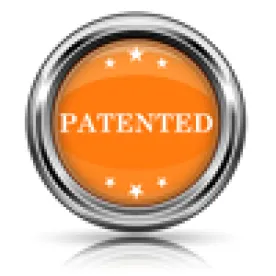Avoiding an interpretation of the Biologics Price Competition and Innovation Act (BPCIA), the U.S. Court of Appeals for the Federal Circuit invoked traditional case or controversy principles to affirm the dismissal of a declaratory judgment suit by a biosimilar manufacturer. Sandoz Inc. v. Amgen Inc., Case No. 14-1693 (Fed. Cir., Dec. 5, 2014) (Taranto, J.).
Sandoz sought a declaration that two patents exclusively licensed to Amgen were invalid, unenforceable, and not infringed by its proposed biosimilar to Amgen’s Enbrel®. At the time it brought suit and throughout the case, Sandoz had not yet submitted an application to the Food and Drug Administration (FDA) requesting permission to market its biosimilar product. The district court dismissed the case, determining that no Article III controversy existed and that the BPCIA-barred declaratory suits by biosimilar makers prior to filing an FDA biosimilarity application. Sandoz appealed.
The Federal Circuit affirmed. The Court found that Sandoz failed to present a real and immediate controversy under the all-circumstances test set out in MedImmune v. Genentech (IP Update, Vol. 10, No. 1). Several facts weighed against Sandoz. First and foremost, without an application for FDA approval on file, the Court found that Sandoz, even if it wanted to do so, could not launch a product, at-risk of exposure to potential infringement liability notwithstanding. The Court further noted that Amgen did not suggest that any part of Sandoz’s research and development effort currently infringed the challenged patents. And with clinical trials still ongoing, the Court suggested the possibility that the biosimilar may yet be changed to a non-infringing version or never approved at all. Here Sandoz’s non-infringement argument cut against it: By denying that the Amgen patents covered its biosimilar, Sandoz could not establish that its biosimilar would necessarily infringe upon market launch. On these facts, Sandoz’s claim to declaratory relief hinged on contingent future events that could just as easily prevent the biosimilar product from competing with Enbrel, thus dooming the lawsuit.
Practice Note: The Federal Circuit emphasized that it did not decide whether the BPCIA foreclosed declaratory suits for patent infringement as a matter of law. The Court also confirmed that it had “not address[ed] Sandoz’s ability to seek a declaratory judgment if and when it files an FDA application under the BPCIA.” In so doing, the Court left FDA and industry players additional time to implement this new regulatory system without a binding statutory interpretation on the timing of pre-emptive declaratory lawsuits from biosimilar companies.




 />i
/>i

